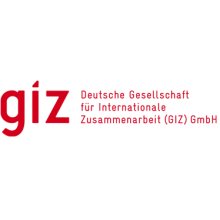Resource information
In 2015, 193 countries affirmed their commitment to the 17 goals of the 2030 Agenda for Sustainable Development, including Germany. According to an estimate by the United Nations in 2018, the international community loses 5% of global gross domestic product through corruption. Effective measures to combat corruption are therefore a prerequisite for achieving the ambitious goals of the 2030 Agenda.
Corruption is one of the greatest obstacles to development, as it misuses public resources for private purposes. It weakens public administration, prevents equitable decisions from being made for the common good, and reduces the quality of public services. In addition, corruption reinforces inequality that fuels conflicts in society, as resources are taken away from sustainable and inclusive development work. It can weaken the legitimacy of a government and democratic institutions and significantly slow down reform processes.
It is possible to take effective measures to reduce corruption. In addition to directly combating corruption by effectively revealing and prosecuting offences, they include prevention measures, in particular strengthening transparency, participation, accountability and integrity. The latter refers to the behaviour and actions of individual persons and institutions that comply with moral and ethical principles and can provide a protective barrier against corruption.
Supporting anti-corruption measures and strengthening good governance therefore form a central element of German development cooperation. This work is based on the Anti-Corruption and Integrity Strategy of the German Federal Ministry for Economic Cooperation and Development (BMZ). The objective of the sector programme is to support the implementation of this strategy at international, national, political and sector-specific level in the German development cooperation structures.

